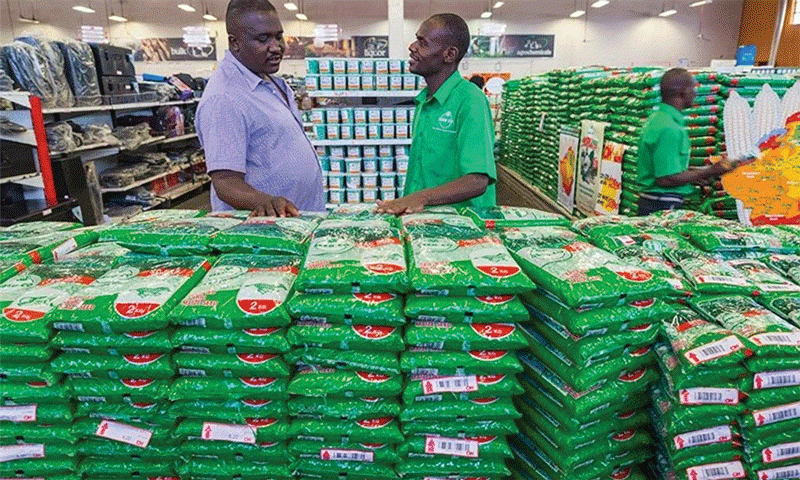
SEED firm, Seed Co International Limited (SCIL), anticipates growth in Tanzania, Ethiopia and Kenya in the current financial year ending March 31, 2025.
SCIL is a sister company to Seed Co Limited (SCIL) and the two firms are under the Seed Co Group. SCIL operates in markets outside Zimbabwe while SCIL is focused more locally.
During the year ended March 31, 2024, SCIL’s bottom line in Kenya improved to US$1,6 million, while its Tanzania outfit’s profit after tax rose by 40%, reaching US$6,2 million from US$4,4 million in the previous year.
In Ethiopia, SCIL reported that business development efforts are being intensified with immense potential after securing an elusive business licence in 2023.
In its annual report for the period ended March 31, 2024, SCIL said commercial production in Ethiopia began this year and yielded 1 000 metric tonnes, which was all sold just after the financial year end.
“The group’s outlook across the region remains positive, buoyed by several constructive factors. Favourable precipitation forecasts bode well for demand, while our diversified geographical footprint mitigates exposure to any single market’s volatility,” SCIL chief executive officer Morgan Nzwere said in a statement in the annual report.
“We anticipate increased volumes as customers seek to replenish granaries and offset the impacts of El Niño across southern Africa. Continued growth is anticipated in East Africa led by Tanzania as well as Kenya and new opportunities coming out of Ethiopia.”
He added that said risks were being anticipated mainly on three fronts mitigatory measures were being taken.
- Health talk: Be wary of measles, its a deadly disease
- Health talk: Be wary of measles, its a deadly disease
- PPC projects 126% earnings rise
- Inside Sport: We are expecting too much
Keep Reading
“The risks are logistical delays in moving seed across borders, power shortages hampering operations, economic risks like inflation, interest rates and foreign exchange risks.”
The SCIL boss added that while macroeconomic and operational risks endured, the firm’s diversified regional strategy and early commercial momentum seemed auspicious.
“Continued vigilance and mitigation of key challenges remain vital. With prudent planning, we are cautiously optimistic that the region’s robust outlook can translate into tangible results,” Nzwere added.
The focus on Tanzania, Kenya and Ethiopia comes after SCIL southern African operations suffered from the El Niño-induced drought that reduced crop output across the region.
A revenue growth of 14% helped SCIL post a profit after tax of US$4,93 million for the period under review, up from a 2023 comparative of US$2,91 million.
“We trust that governments and development partners will continue prioritising primary food production to alleviate economic hardships. Achieving food self-sufficiency is central to our strategic and sustainable objectives and we are committed to playing a key role in this mission, improving livelihoods and driving economic progress,” SCIL chairperson Pearson Gowero said.
“Following last year’s drought which devastated Southern Africa, early weather predictions for the upcoming season indicate better rainfall in most of our markets. Our group is well-equipped with a variety of drought-resistant seed varieties to meet market demands and adapt to varying weather conditions.”










